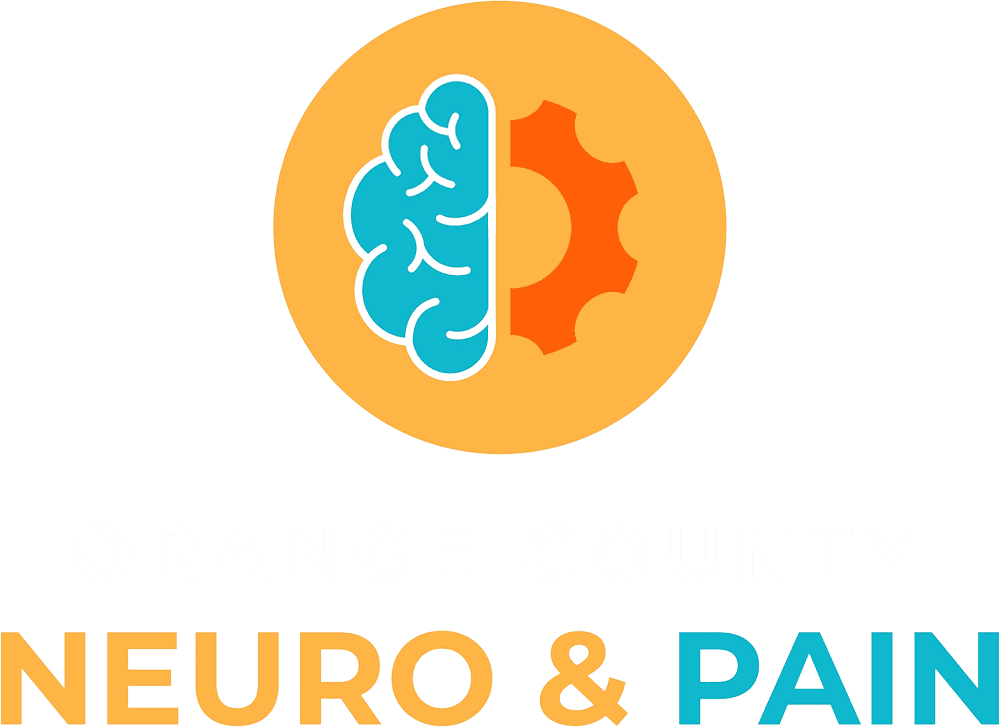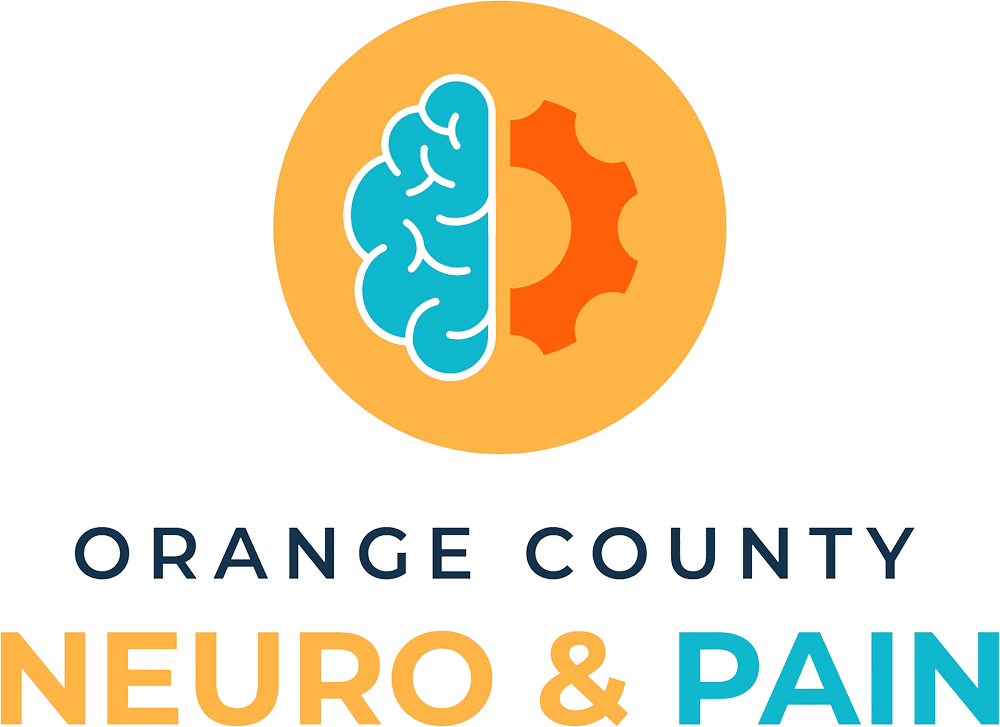

Post-traumatic stress disorder (PTSD) is a mental health condition that can develop after a person experiences or witnesses a traumatic event. This can include events such as combat exposure, physical or sexual assault, or a natural disaster. PTSD is characterized by symptoms such as nightmares, flashbacks, and severe anxiety that persist long after the event has occurred.
Symptoms of Post-Traumatic Stress Disorder
Symptoms of PTSD can vary in severity and can be triggered by anything that reminds the person of the traumatic event. These symptoms can include:
- Intrusive thoughts or memories
- Nightmares or flashbacks
- Intense feelings of distress or anxiety
- Avoidance of anything that reminds the person of the traumatic event
- Negative changes in mood or thought patterns
- Hypervigilance or an exaggerated startle response
While it is normal to experience some of these symptoms after a traumatic event, it’s important to seek help if they persist for more than a month or interfere with daily life.

Causes of PTSD
The causes of PTSD are not fully understood, but it is believed to result from a combination of genetic, environmental, and psychological factors. Some people may be more susceptible to developing PTSD due to a history of trauma, a family history of mental illness, or other risk factors such as a lack of social support or access to mental health care.
Diagnosing PTSD
Diagnosis of PTSD typically involves a comprehensive evaluation by a mental health professional. This evaluation may include a physical exam, psychological assessment, and discussion of symptoms and medical history. The criteria for diagnosing PTSD includes exposure to a traumatic event, persistent re-experiencing of the event, avoidance of stimuli associated with the event, and symptoms of increased arousal and negative changes in mood or cognition.
Treatment Options For PTSD
Dr. Alireza Bozorgi takes a multidisciplinary approach when developing a treatment plan for PTSD and often recommends a combination of medication and therapy. Medications such as selective serotonin reuptake inhibitors (SSRIs) and other antidepressants can help manage symptoms of anxiety and depression. Therapy can also be an important component of treatment and may involve a variety of approaches such as cognitive-behavioral therapy (CBT), exposure therapy, and eye movement desensitization and reprocessing (EMDR).
CBT is a type of therapy that focuses on changing negative thought patterns and behaviors. It can help individuals with PTSD learn new coping skills and manage symptoms such as avoidance and hypervigilance.
Exposure therapy involves gradually exposing the individual to stimuli associated with the traumatic event in a safe and controlled environment and can help reduce the intensity of their reaction to those stimuli over time. EMDR is another form of therapy that involves focusing on a traumatic memory while engaging in rapid eye movements or other forms of sensory input. This can help reduce the intensity of the emotional response to the memory.
While treatment can be effective in managing symptoms of PTSD, it’s important to seek help as soon as possible after experiencing a traumatic event. This can help prevent symptoms from becoming chronic and affecting daily life. It’s also important to have a strong support network and to take care of physical health through regular exercise, healthy eating, and getting enough sleep.

